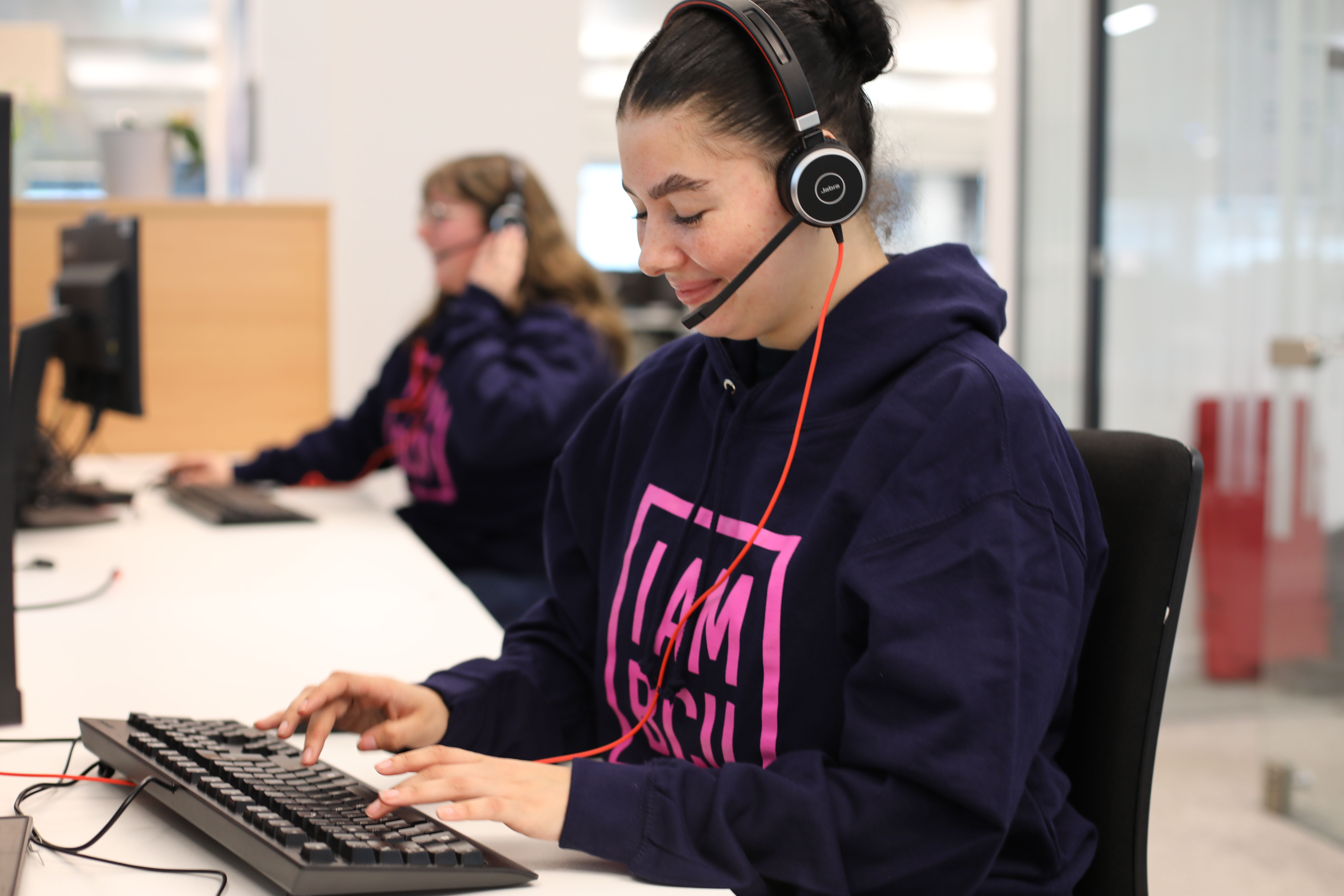What is LinkedIn?
CVs are still vital components of applying for jobs, both during your time at university and when you graduate. There are, however, other platforms you should consider utilising if you haven’t already done so. LinkedIn is the world’s largest professional network on the internet that you can use to find a job, connect with people and strengthen your professional relationships.
Like every other social media site, on LinkedIn you’re given your own profile. Because this is a professional social networking site, you should be thinking about how you want to come across to potential employers that also use the site. The key components of your profile include:
- About (a short bio)
- Experience (any paid jobs)
- Education (school and university)
- Licenses & certifications (any other qualifications you might have such as DofE)
- Volunteer experience
- Skills & endorsements (qualities other people have said you possess)
- Recommendations (things other people have said about you)
Like your CV or any cover letter you write, your LinkedIn profile should be tailored towards a certain industry or sector. You can do this in the way that you write your bio at the beginning of your profile, or by altering your interests to well-known businesses. Try to write in the first person, and avoid writing in the second or third person.
Home page
The home page of LinkedIn is much like other news feeds. You can see posts made by other users, which you can like, share and comment on, as well as make your own if you want to. Engaging with people on your home news feed is a great way to build a network and meet new people, as well as find out about potential job opportunities and make yourself known.
My Network
Your network is where you can see your existing network of connections – kind of like followers on Instagram. You can also search for other users that might be classmates or friends, or even professionals that you want to reach out to.
There are two versions of LinkedIn: a free version, and a premium version. The free version will often provide you with everything you need. However, one of the main features of the premium version is that you can remain anonymous while viewing other users’ profiles. This can be helpful if you want to find out what sort of experience or education someone has who is working in a job you are interested in.
Try to be proactive and make the most of the functions the site has to offer. For example, write recommendations for people you have worked with before to encourage them to do one for you. This can provide some credibility to your profile and gives prospective employers a better idea of you.
Jobs
The job section is a comprehensive career site. Not only can you see information about thousands of different companies, you can even see current vacancies. It is really easy to search for jobs by filtering into different industries or by location to make sure they are near to you. Make the most of the website as a job-searching tool by enabling notifications to get emails when there are new job postings in an area you are interested in.
Many companies make it difficult to contact them about the potential for work experience for a reason, but you might find that they have more of a presence on LinkedIn.
LinkedIn Learning
LinkedIn Learning offers video courses taught by industry experts in software, creative and business skills. This can be used to gain some extra knowledge in certain areas as well as boost your actual LinkedIn profile. Certain universities (BCU included) offer the service free to students as a way of boosting employability after graduation.

